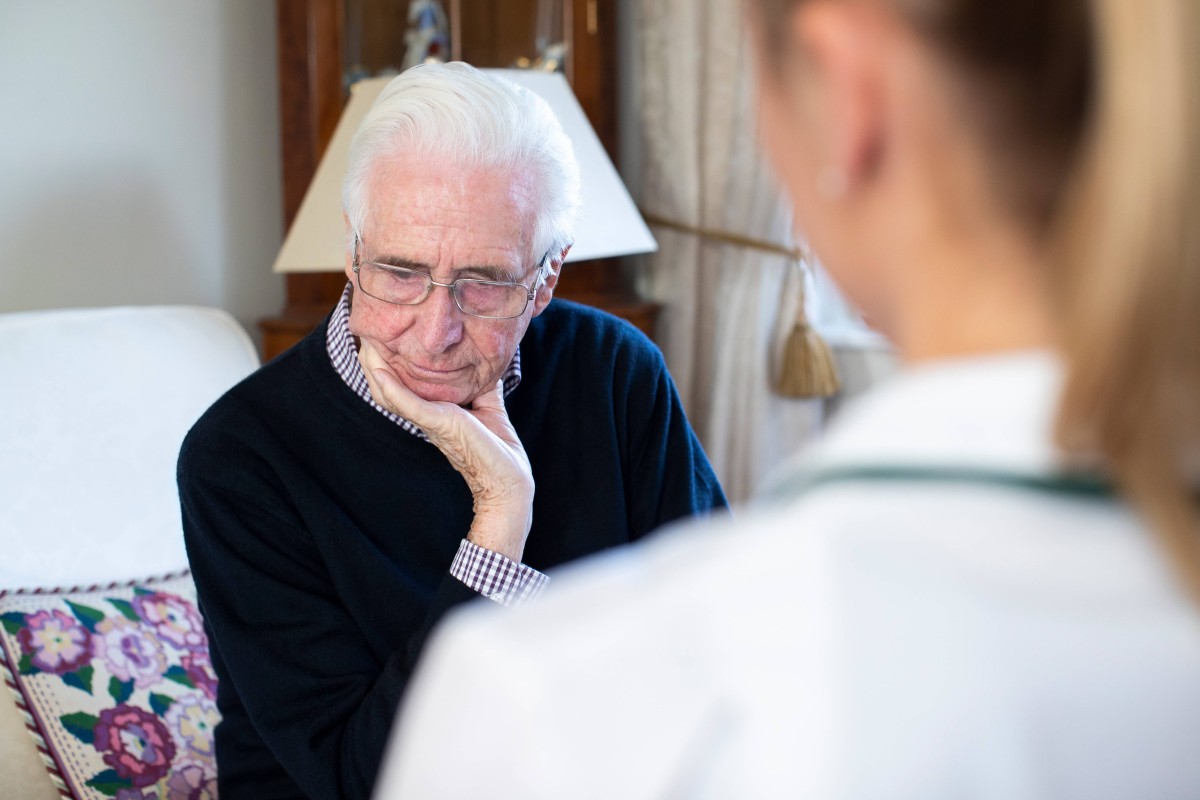A damning new report from the New Zealand Nurses Organisation (NZNO) has laid bare the stark reality of aged care in Aotearoa New Zealand, exposing a sector under immense strain, causing very real harm to our most vulnerable citizens.
Care in Crisis, Manaaki i te Raru, released by Tōpūtanga Tapuhi Kaitiaki o Aotearoa NZNO (New Zealand Nurses Organisation), is a deeply researched and confronting document. The findings are based on interviews with 80 nurses and health care assistants (kaiāwhina), surveys from 415 aged care workers and the analysis of 156 health and safety incidents linked to unsafe staffing.
The findings are devastating and point to a system so broken that our kaumātua are missing out on even the most basic levels of care.
The cost of neglect
NZNO Age Safe committee co-chair and kaiāwhina, Brianna Dynes, says staff are being pushed beyond their limits and are left making heartbreaking decisions about who gets help and who doesn’t.
“Residents are suffering falls because caregivers can’t give them the support they need. They’re put in incontinence products because no one has time to toilet them. Infections go untreated and cheap wound dressings are being cut in half to save money.”
It’s a grim picture of a sector that has long been underfunded and undervalued, with front-line workers raising the alarm as their workloads increase and their ability to provide safe, dignified care diminishes.
What the numbers say
Some of the key findings from the Care in Crisis paint a grim picture. 53.4% of respondents say their shifts are understaffed often or most of the time. 87% strongly agreed that staffing levels directly affect their ability to provide quality care.
Just 5.8% said they always have enough time to complete their duties. 39.8% of those surveyed frequently think about leaving the sector due to stress and burnout. Short staffing led to 25.2% of all shifts seeing residents missing showers, receiving cold meals, or getting no assistance with toileting.
Evidence of a sector in crisis
Co-chair Tracey Morgan says the report doesn’t just point to a problem; it provides a practical, implementable plan to fix it.
“This report is a call to action. It outlines the steps needed to restore aged care, including having a registered nurse on-site 24/7, legally mandated staffing ratios, and proper funding based on the actual cost of care.”
Morgan also emphasises the urgent need for cultural care to be properly funded and respected, ensuring that Māori and other culturally diverse elderly populations receive care that honours tikanga, whānau connections, and cultural dignity.
Voices from the front lines
The report includes anonymised but powerful quotes from aged care workers across the country:
“Some days it honestly feels like a milking shed.” – Tina, Kaiāwhina
“Some residents don’t get fed at all.” – Logan, Kaiāwhina
“The quality of care is always correlated to the time that staff can give.” – Laura, Clinical Nurse Manager
“Recently one of our dementia-level residents swallowed a glove.” – Jenna, Registered Nurse
“Everything in te ao Māori world is missing in aged care.” – V, Māori Kaiāwhina
“I feel I did my best to support them, but I feel ashamed.” – Jenna, Registered Nurse
“We’re let down by everybody everywhere.” – Bonnie, Nurse Practitioner
The Path Forward
The NZNO says the time for talk is over and the evidence in this report demands government action. Immediate and systemic reforms are needed to stop further harm and restore dignity, respect, and safety to the aged care sector.
With over a third of New Zealand’s population projected to be over 65 by 2048, the time to act is now. Our elderly and the dedicated professionals who care for them deserve far better.
Want to read the full report or support the call for aged care reform?
Visit the NZNO website or follow the campaign on social media using #CareInCrisisNZ.





